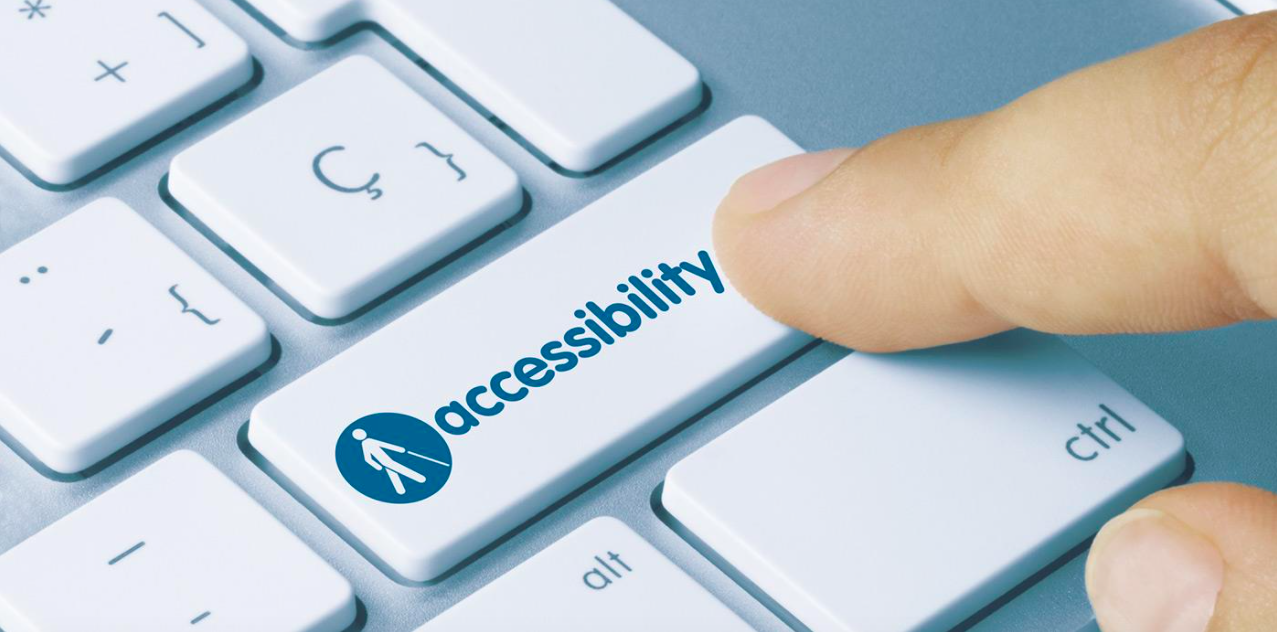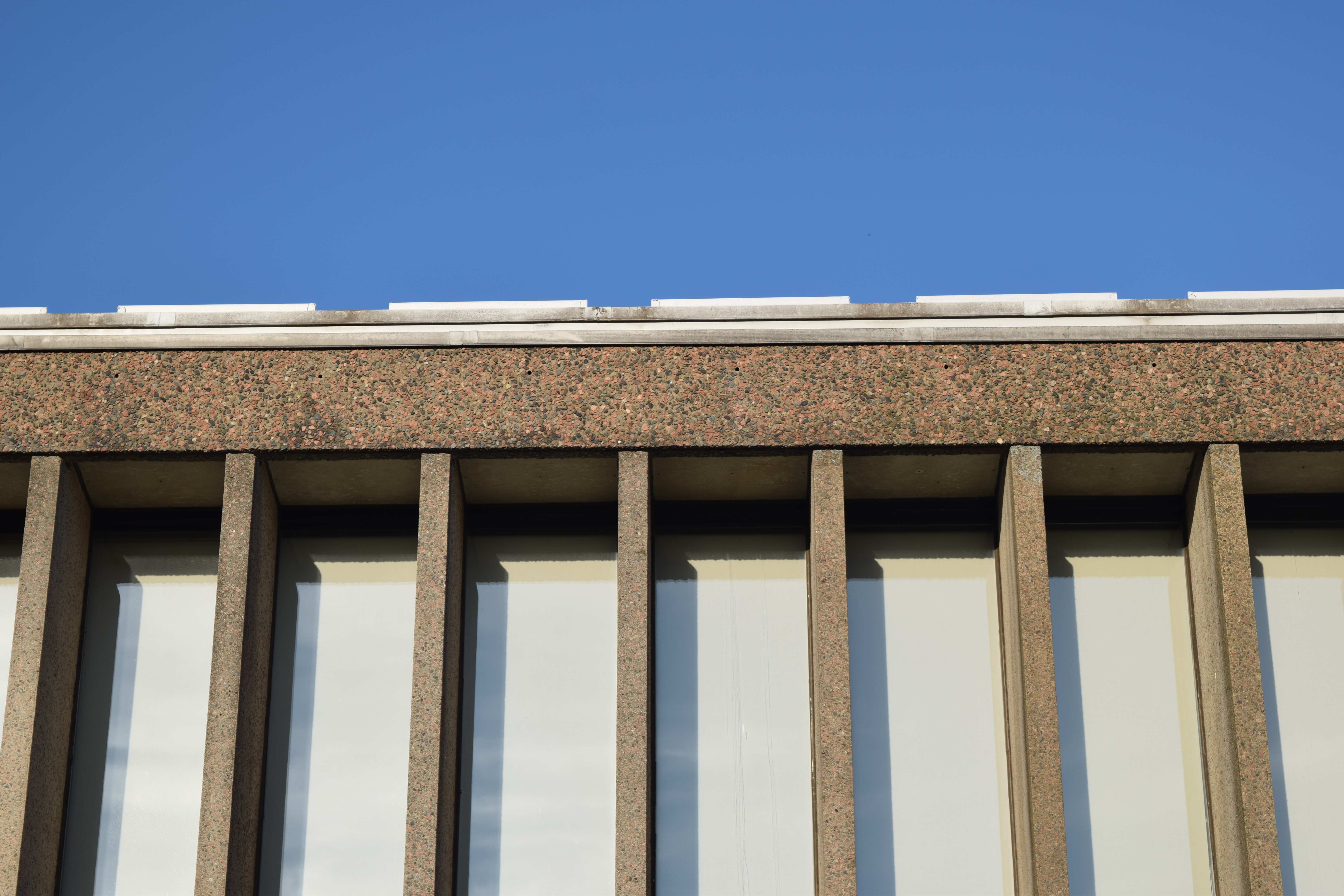One definition of ableism is the discrimination of those with disabilities in favour of able-bodied people. However, Hailey Davis, a fourth-year music therapy major at Acadia says that this applies to all disabilities and is really something in need of discussing. A preferred definition of ableism, for Hailey, according to Access Living is:
“Ableism is the discrimination of and social prejudice against people with disabilities based on the belief that typical abilities are superior. At its heart, ableism is rooted in the assumption that disabled people require ‘fixing’ and defines people by their disability.” (Olson, Emma. “Ableism 101 – What is Ableism? What Does it Look Like?” Access Living, 23 July 2020.)
Hailey considers herself to be a disabled woman, as she was diagnosed with Attention Deficit Hyperactive Disorder (ADHD) at the age of eight. However, she shares that she does not agree with the name of her disability because it is not just that she has an attention deficit; it encompasses so much more than just attention. Hailey is an anti-ableism activist, sharing the importance of proper terminology and accessibility to students at Acadia, offering presentations and Q&A sessions in an effort to educate people on ableism.
When it comes to proper terminology, when speaking to and about the disabled community, Davis emphasizes the importance of respecting how people would like to be addressed, as it may vary. “Just ask people what they prefer. The best way to be anti-ableist is to just listen to disabled people.”, says Hailey. On the other hand, she says, sometimes it may not be possible to ask a person what they prefer, and in that case, Hailey believes that it is best to assume an “Identity-first” approach. Addressing a person using the “identity-first” method means to put their pronouns ahead of their disability. She explains that compared to the “person-first” approach, “identity-first” does not suggest that an individual’s disability is a burden, illness or something to “fix”. For example, Davis said that when speaking about someone with cancer, the majority of people would say, “a person with cancer” (person-first), and not, “cancer(ous) person”. She says that the former suggests a negative tone and that she does not believe it is appropriate to use it when referring to disabilities, as she is not ashamed of her disability, it is not something that needs to be fixed and it is, indeed, something that she feels is part of who she is. Therefore, she prefers the “identity-first” approach and says that most people will, as well, if they do not specify. Regardless of whether or not a person prefers “identity-first” or “person-first” language, Hailey says, “Ask. Do it imperfectly. It is better to do it and feel like you messed up than to not try to learn it at all. I appreciate it.”
When it comes to accessibility at Acadia University, there is much room for improvement. One of Acadia’s students who are in need of the university’s accessibility services is disappointed with the way that the school is approaching the matter. “As far as I know, it is run entirely by people who are not disabled, themselves, and do not have qualifications or degrees in education or disability educational services”, the student said. Understandably, it would be difficult to try to receive aid and understanding from somebody who may not fully be able to relate to what disabled students are facing. Furthermore, a student had shared that they had to “fight hard to have accommodations”, and in some cases, they were even denied their accommodations (such as being provided with a computer for writing essays) without being told by the university.
According to the World Health Organization, fifteen percent of the world’s population lives with a disability. However, although Acadia says that campus is accessible to all people, a student mentions that Acadia’s buildings may be “technically accessible” but do not have wheel-chair accessible washrooms. Some buildings do not have elevators or accessible elevators, and in some buildings, such as Denton, one with a physical disability would have to exit the building, go around the outside and re-enter through a separate door.
Additionally, a drama student left Acadia University because they were unable to access certain buildings for their classes. On top of that, a student said that there is zero to no training to professors on proper terminology, communicating and supporting disabled students, and sometimes it shows.
Lastly, referring to the university’s accessibility services, a student said, “everything we do is filtered through an ableist perspective, and I can imagine it is difficult to understand disabled people when you are not disabled.” It is imperative that students as well as faculty continue to practice anti-ableism and thoroughly work to improve accessibility on campus, ensuring that every student feels welcome at Acadia. Let us all remember to continue progressing as a community, and to “do it imperfectly”.
Hailey shared some social media influencers who she thinks will help students understand disabilities of all kind, and inspire people to spread anti-ableism:
Instagram: @the.chronic.couple
Twitter: @NeuroRebel
Tik Tok: @crutches_and_spice
Facebook: @disabilityonthemighty






Another excellent article Jenna! We can always do better at understanding each other. This means looking past our own experience, remaining curious and putting ourselves out there to learn about what others experience.